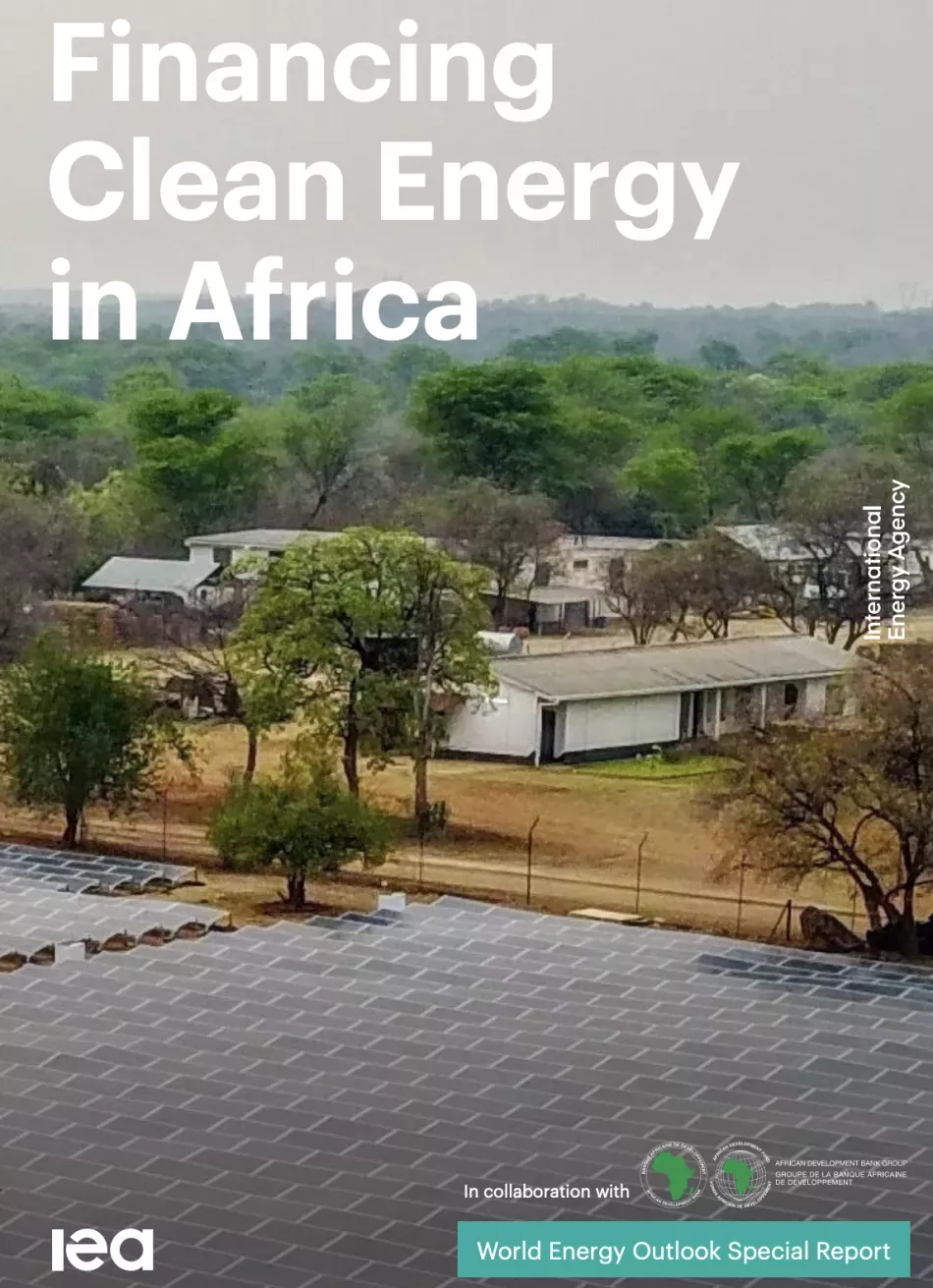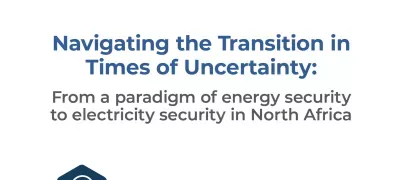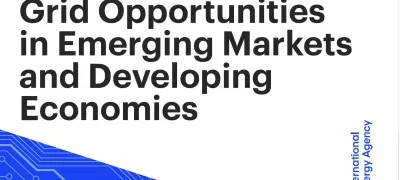
A dramatic surge in energy investment is urgently needed across African nations to support their clean energy aspirations amidst numerous crises and challenges. Despite the continent's significant energy needs and abundant resources, Africa receives less than 2% of global clean energy spending, highlighting a critical financing gap. Recent crises, including the Covid-19 pandemic, energy insecurity following geopolitical events, and escalating climate risks, have compounded the financing challenges. As a result, borrowing costs have soared to unsustainable levels in many countries, exacerbating the already limited access to clean energy investment. Achieving the region's energy and climate objectives demands a substantial increase in energy investment, more than doubling from the current USD 90 billion to meet the Sustainable Africa Scenario targets, where the majority of spending would be allocated to clean energy projects.
Efforts to boost energy investment in Africa face significant obstacles, including high perceived and actual risks, limited availability of public capital, and regulatory uncertainties. Private investors are hesitant to enter African markets due to these risks, hindering the development of bankable clean energy opportunities. Moreover, the cost of capital for clean energy projects in Africa is disproportionately high compared to advanced economies, deterring investment and inflating project costs. While development finance institutions currently play a crucial role in clean energy investment, unlocking private capital is essential for scaling up investment to meet the region's needs effectively.
To bridge the financing gap and catalyze clean energy investment, a diverse range of financing instruments must be deployed, tailored to different stages of project development. Grants and equity financing are vital for early-stage, high-risk projects, while affordable debt becomes increasingly important as projects progress. However, there is a pressing need for more funding at the pre-bankability stages to support feasibility studies and project development. Private capital can lead investment in utility-scale clean power, but concessional finance remains crucial for mitigating risks, particularly in nascent markets. Scaling up clean energy investment in Africa requires innovative financing models, stronger regulatory frameworks, and greater collaboration among stakeholders to mobilize capital effectively and realize the continent's immense clean energy potential.
See more:



